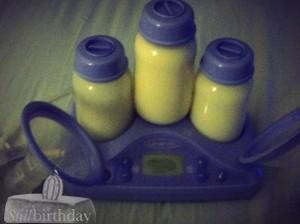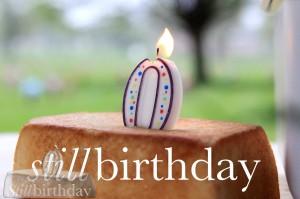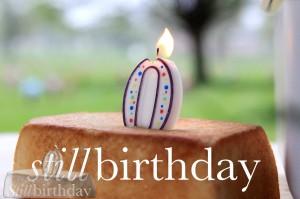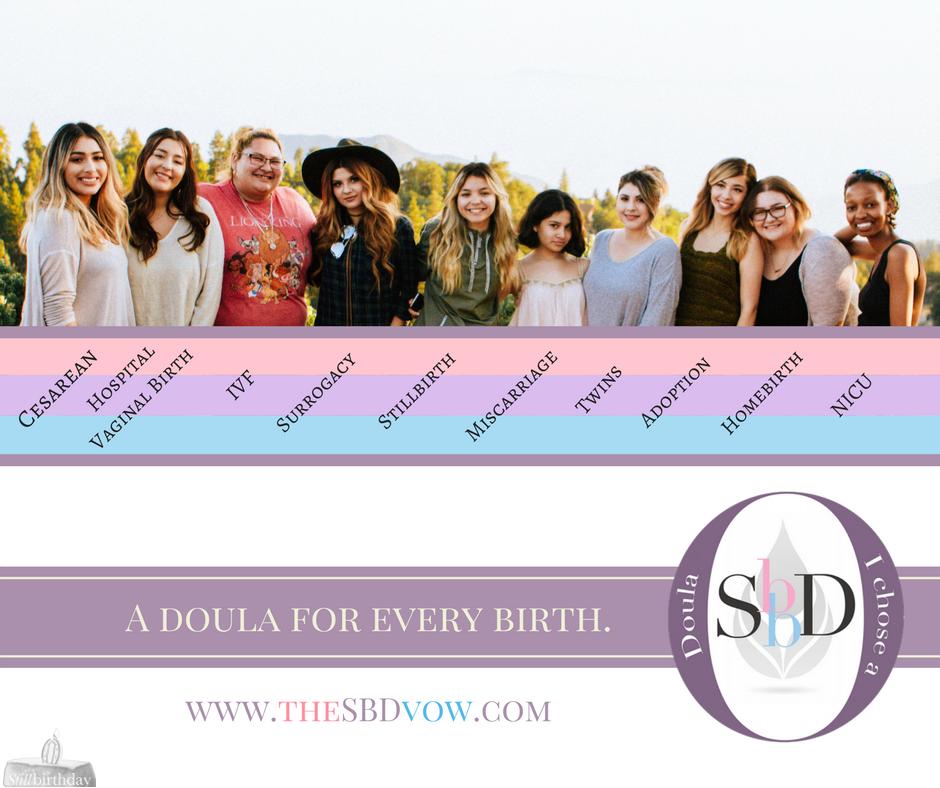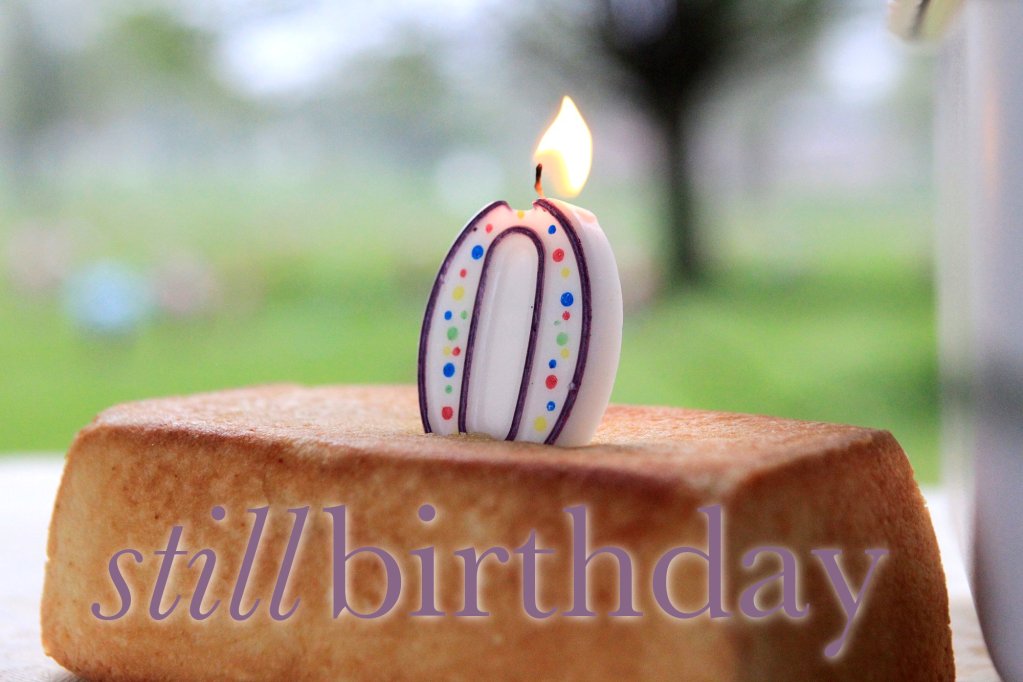Told by: Hallie
I recently lost my baby boy at birth two weeks ago. I was 39 weeks along and went into labor expecting a healthy baby soon. We had planned on a water birth at home and an attending midwife. Being our 5 th child I expected a very quick labor. I was right! Within 3 hours I was pushing.
My midwife starting getting worried when we couldn’t find heart tones. I had a beautiful water birth and an amazing delivery. It was wonderful and happy until after he came out.
My midwife went to work on him right away but nothing could be done. 911 was called and they tried all the way to the hospital but he was gone.
We were in shock. You hear and pray for people in these situations but you never are suppose to be them.
We named him Michael….my angel.
My days ran together the next few days following until the funeral. I had to stay strong for my other children. We were however overwhelmed with support and love. I don’t think I could have done this without my family and friends.
When my milk came in it was, and still is, by far the hardest thing next to loosing Michael. I loved nursing my babies. I am still nursing my 18 month old daughter. So dealing with Michael’s milk was so painful. When it time to pump I could even let down to pump. I got so engorged. My daughter only nursed a couple times a day and not for very long.
A friend of mine came over and gave me a massage while I pumped and I filled a bottle! We both cried over that bottle of milk. I started freezing it because because dumping his milk just sickened me. Then I thought “how many babies could use this”?!? I got on a website on milk sharing. I found baby after baby in need of milk. It broke my heart of all the stories of mamas with cancer and babies intolerant of formula or adopted babies. I can nurse these babies! My son’s milk will not be wasted. He has been helping baby for the past two weeks and will for as long as I can continue to pump. It is helping my grieving too. I feel like I have a purpose in all this chaos and sadness. I hope this helps or someone is inspired to keep pressing on.
